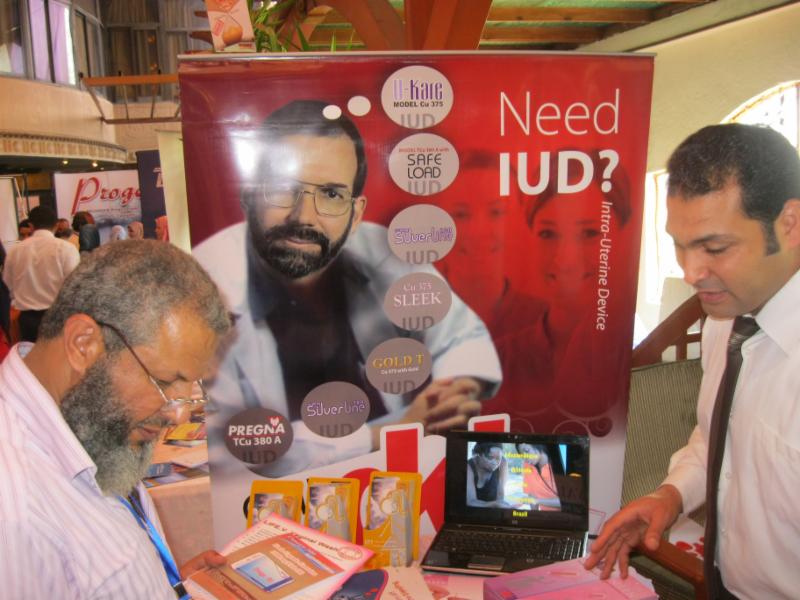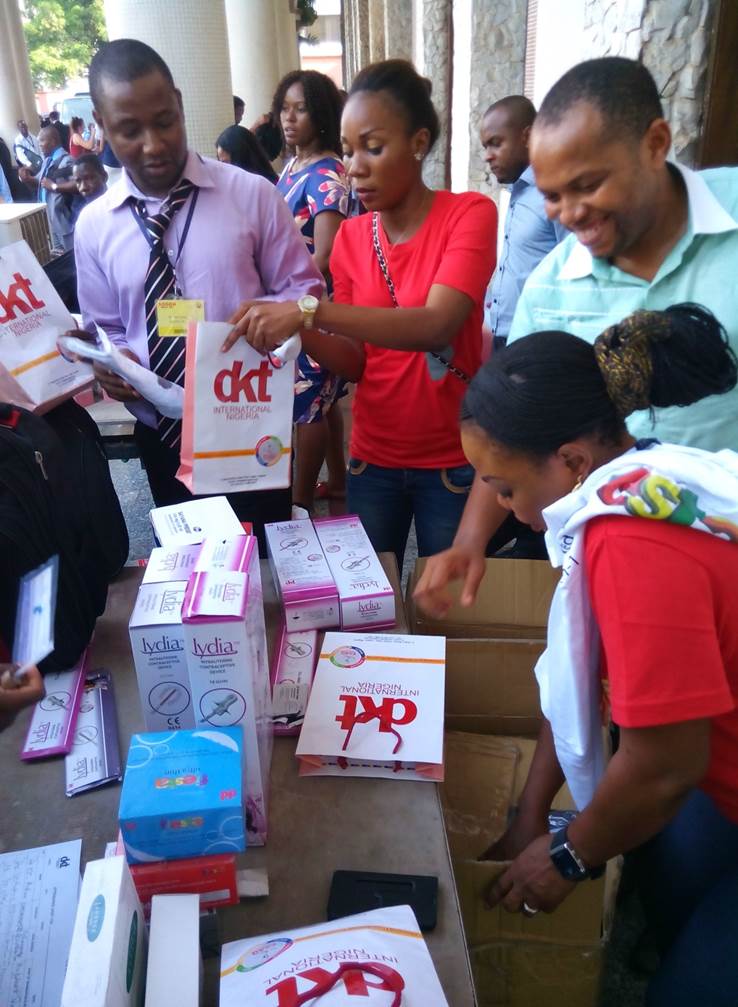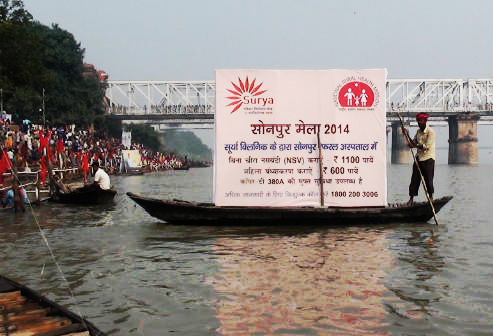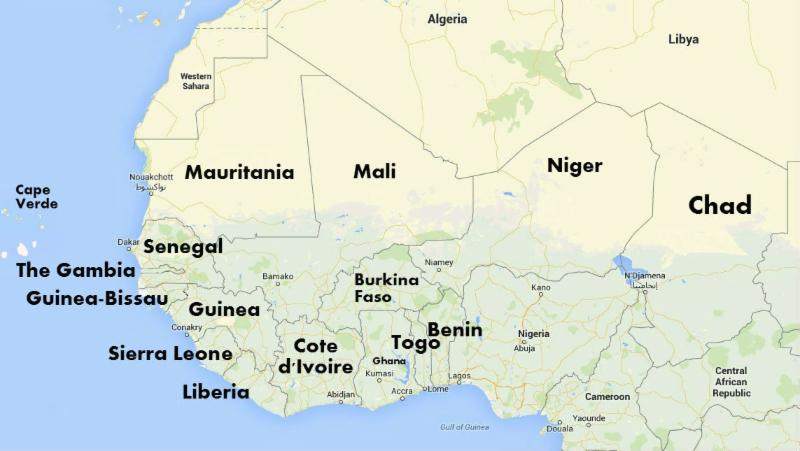March 2015 Newsletter
Dear Friend of DKT:
The new year is well underway and DKT is off to a strong start in 2015. With new programs slated to open this year, this newsletter looks back on our success and provides insight to what we expect in the future.
We recently published our 2014 sales results and impact: DKT provided 28.2 million couple years of protection last year – marking our biggest impact ever. More results are detailed in this newsletter and on our website.
This update also highlights our Janani program, based in Bihar, India. 2015 signifies Janani’s 20th year of social franchising for DKT.
Looking forward, we announce the opening of a new regional program that will serve Francophone West Africa, and share musings on family planning trends we expect to see in 2015.
Thank you for your support of DKT International.
Cheers,
Christopher Purdy
President
DKT International
What will 2015 contribute to International Family Planning?

With long-acting reversible contraceptive (LARCs) sales on the rise, we anticipate greater use of the IUD internationally in 2015.
In their piece featured in the Devex International Development news blog, Chris Purdy and Phil Harvey share their thoughts regarding 2015 family planning trends. As more countries liberalize their abortion laws, distribution of the abortion pill is expected to rise. With the global push to increase contraceptive prevalence, new options continue to hit the marketplace and expand to new areas. More changes are anticipated to meet the 120 million women target set during the London Family Planning Summit in 2012. As it stands, an increase of 10 percent by social marketing groups would cover an incremental 7 million women, contributing towards these goals. To read the full article, visit here.

In its first full year of sales DKT Nigeria produced 871,927 CYPs in 2014. Our program in DRC saw a 70% increase over sales in 2013.
We are pleased to share DKT’s results and impact for 2014. In the countries where we work, DKT played an important role in contributing to the overall contraceptive use rates. Four of our programs – DRC, Philippines, Ethiopia and Ghana – contributed approximately 30% of modern methods of contraception in 2014. Our products and services in Indonesia prevented an estimated 1.78 million pregnancies, and in Ethiopia prevented approximately 239,000 unsafe abortions (according to the MSI Impact Calculator). Our 2014 sales data reflect a 19% increase in Couple Years of Protection output from 2013, and include the sale of more than 550 million condoms, 86 million oral contraceptives, 20.7 million injectable contraceptives, and more than 1.9 million abortion pill packs (mife/miso), 9.3 misoprostol pills, and 3.2 million emergency contraceptive packs. These results place DKT among the ranks of the largest private providers of family planning in the developing world. You can find more details on these results at our website.
Janani – A 20 Year Legacy
Janani, one of our oldest social marketing programs and our very first social franchising program, marks its 20th anniversary this year. To acknowledge this milestone, David Olson wrote an article for Global Health TV contrasting Janani and DKT Pakistan’s social franchise, Dhanak. Based in Bihar, Janani operates in seven northern Indian states. Janani was the first family planning-focused social franchising program in India and is believed to be the first in the world. In its first 20 years, Janani has provided family planning products and services to over 15 million couples. Its latest initiative is to expand a mobile van force from one to 20 outreach teams which will promote intrauterine devices in rural areas of Bihar and Uttar Pradesh.

This sign promotes Janani family planning services (specifically tubal ligations and IUD insertions) on the Sone River during the largest state fair in India. DKT performed approximately 500 tubal ligations at the fair and also had a booth for counseling.
DKT’s First Regional Office will Serve West Africa

West Africa has the lowest contraceptive prevalence rates among the regions of Africa. DKT plans to open a regional office in Senegal.
Countries that make up western and central Africa have the highest fertility and maternal mortality rates in the world, averaging 5 children per family, and also the lowest levels of contraceptive use. In many of these countries, the modern contraceptive prevalence rate is below 10 percent. Individually, these small nations face significant barriers to family planning and reproductive health. While individually the economies of West and Central Africa provide challenges for sustainable social marketing programs, DKT is eager to embrace a new model and create our first regional program to serve West Africa. Under the guidance of Richard Boustred, DKT will play to each of the country’s strengths and create a sustainable market that will provide access to a full range of affordable family-planning options. Visit our West Africa program page for more information.
Contraceptive Social Marketing: Consistent Results

In Ghana, these women normalize condom use by selling Kiss condoms in the marketplace alongside other commodities including rolls, yams, and popular drinks.
The idea for Contraceptive Social Marketing emerged from the concept that family planning should be as easy to purchase as any other commodity on the market. Today, DKT takes this concept to heart, marketing condoms, emergency contraception and other family planning options openly and unabashedly throughout the world. In Mexico, spokes-models distribute Prudence condoms to young adults outside of universities and at concerts. DKT Vietnam‘s OK and Super Trust condoms and New Choice oral contraceptives are currently available from over 11,000 outlets, including 9,000 pharmacies. In India, DKT has begun to implement a digital tracking system to better monitor sales in pharmacies and storefronts to prevent empty shelves.





